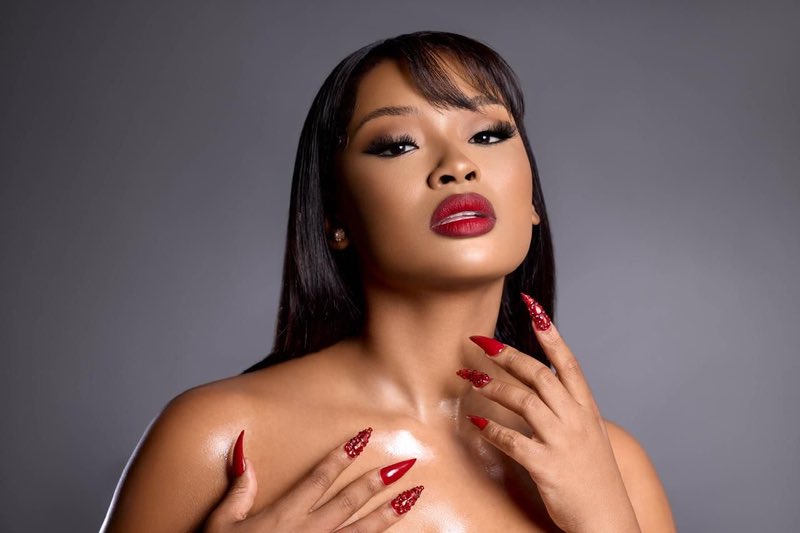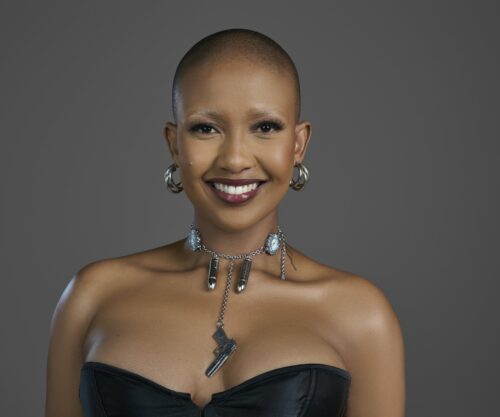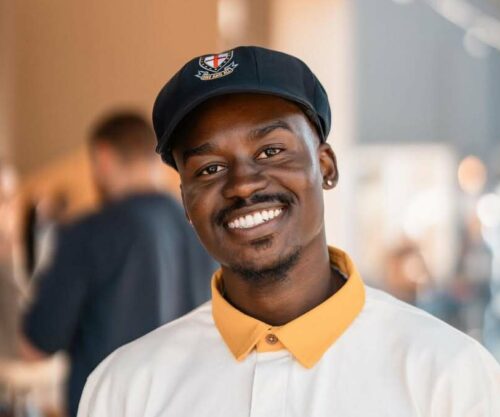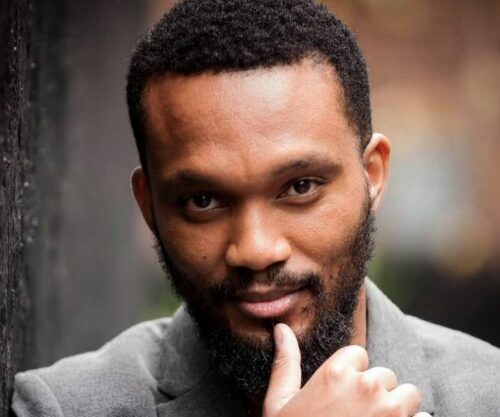
Inside South Africa’s Slay Queen Scene: More Than Just Glamour
You’ve seen the posts on TikTok, Instagram, and local chatter, women flaunting designer heels, luxury handbags, and lifestyles that seem larger than life. In South Africa, these women are known as slay queens, a term that has sparked fascination, admiration, and controversy alike.
Now, Showmax is putting the spotlight on this phenomenon with its new documentary series, “Slay Queens”, premiering October 31. Episodes drop every Friday, peeling back the layers behind the high-gloss social media images to reveal the ambition, strategy, and challenges that fuel this lifestyle.
The Faces Behind the Label
DJ and influencer Cyan Boujee is one of the series’ standout figures. Known for her unapologetic personality and viral moments, Boujee embodies the highs and lows of being a slay queen. While her glamorous lifestyle draws admiration, she has also faced backlash, most recently for promoting a Russian “fresh start programme” later linked to human trafficking and labor exploitation. She quickly removed the post and issued a public apology, showing the delicate balance slay queens navigate between influence and responsibility.
Mr JazziQ, multi-award-winning amapiano artist and nightclub owner of Vibes on Main in Johannesburg, provides insight into the nightlife ecosystem where slay queens thrive. His perspective highlights how this lifestyle intersects with trends, social energy, and even economic activity in the entertainment sector. Earlier this year, he was named the most-streamed South African artist among Gen Z on Spotify, underscoring his influence on youth culture.
Meanwhile, Jackie Phamotse, a former slay queen turned author, offers a reflective lens. Her bestselling book “Bare” examines the vulnerability, societal pressures, and emotional toll of chasing a glamorous persona. Phamotse’s story reminds viewers that behind the flashy posts is a human reality filled with challenges, lessons, and personal growth.
Academic and Community Perspectives
The series doesn’t stop at celebrities. Anthropologist Lebohang Masango., author of “The Soft Life: Love, Choice and Modern Dating”, brings an academic lens to the conversation. Drawing from her Master’s research, she explores transactional relationships, societal expectations, and the pursuit of financial independence, painting a picture of a lifestyle that is aspirational, complicated, and often misunderstood.
Other voices in the series include a Sangoma, an Uber driver, and a promoter, adding spiritual, economic, and logistical dimensions to the narrative. Their inclusion ensures audiences understand that the slay queen phenomenon is part of a broader social ecosystem, not just an online trend or media spectacle.
Why “Slay Queens” Matters
“‘Slay Queens’ was born from a need to hold up a mirror to a world we often speak about in whispers, memes, or judgment, but rarely listen to directly,” says executive producer Vusi Zion.
The series aims to show that slay queens are more than their outfits or social media posts—they are navigating complex cultural, economic, and social landscapes. From glamor and ambition to scrutiny and controversy, the series provides a candid, nuanced view of South Africa’s most talked-about lifestyle.
Source: IOL
Featured Image: X{@Jabu_Macdonald}




